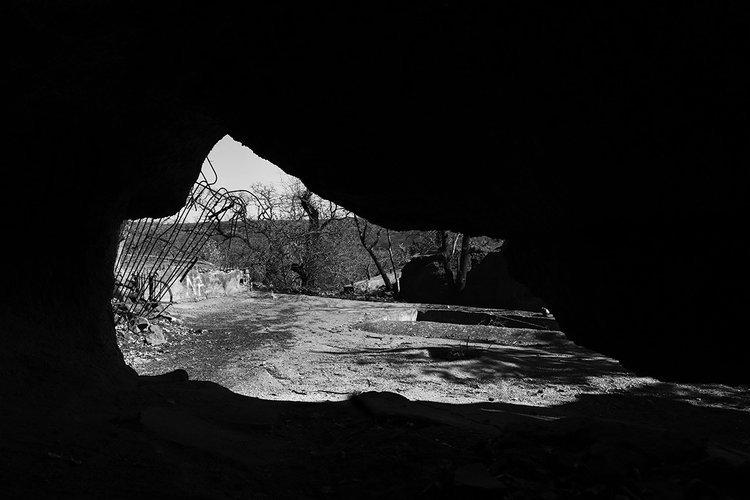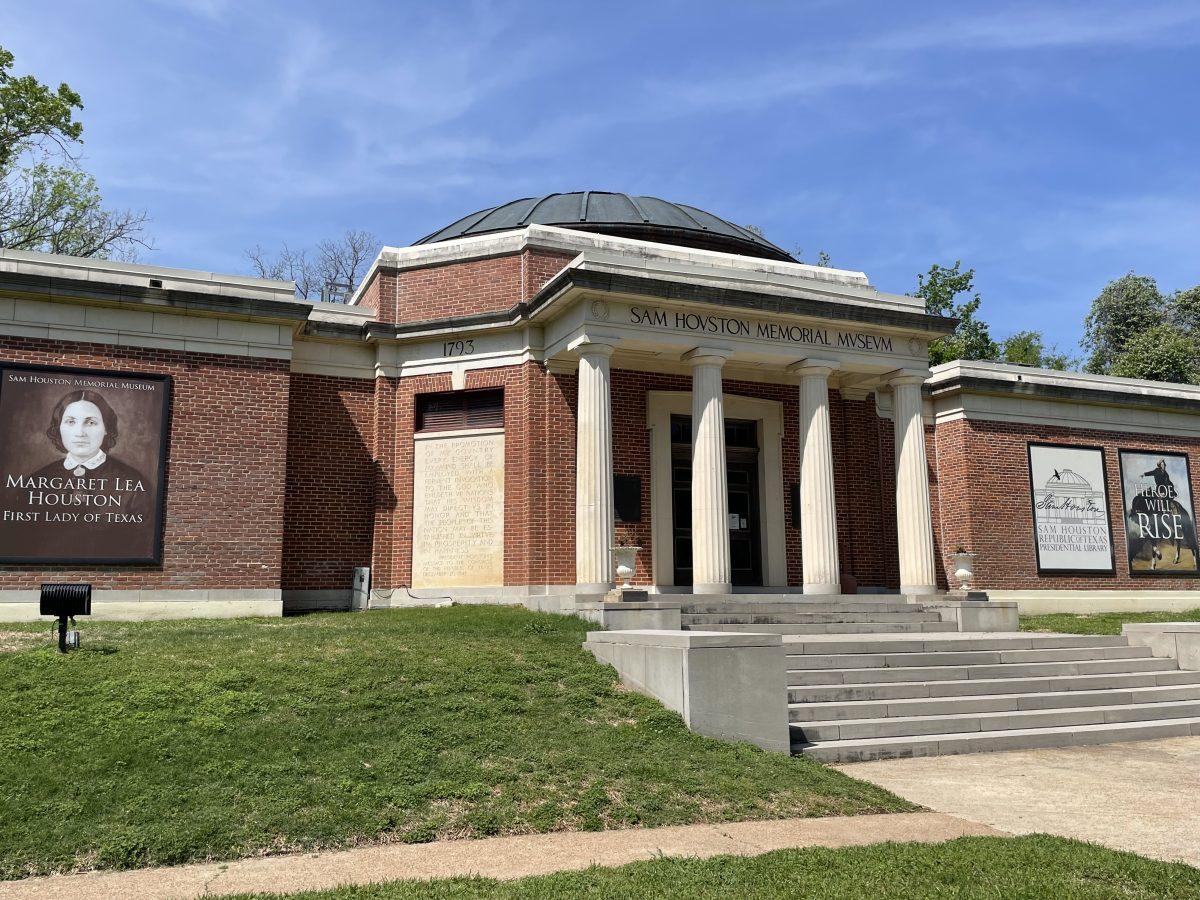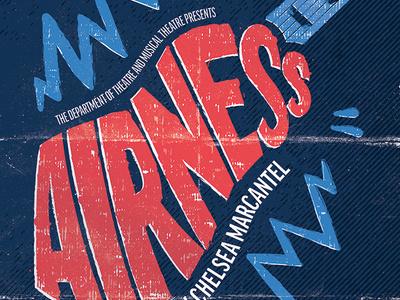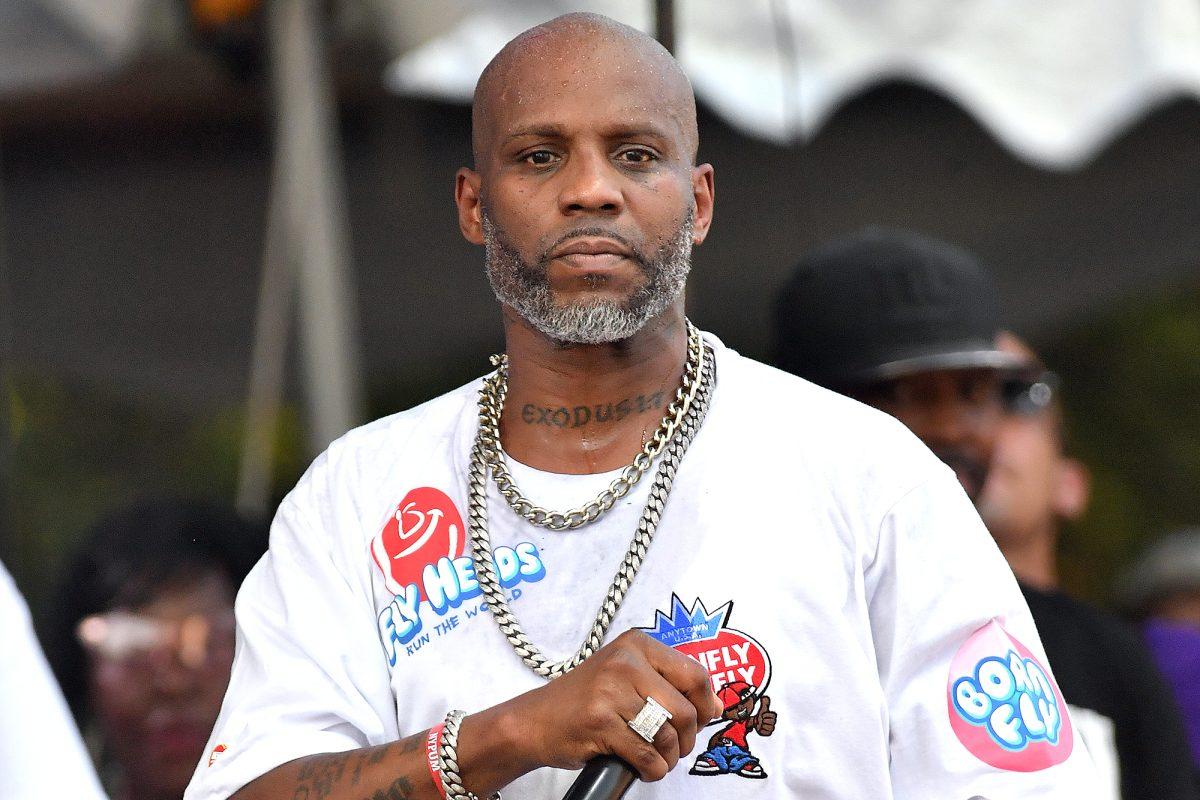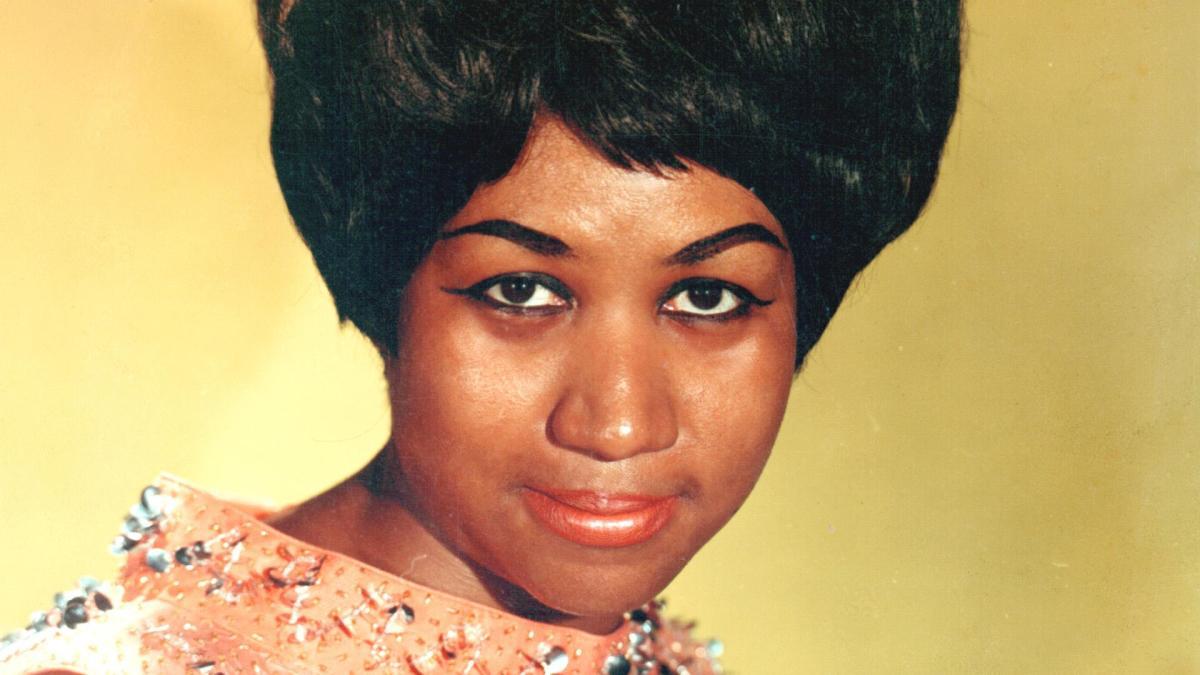Later this week, one organization at Sam Houston State University is devoting time to explaining how music can have profound impacts on people’s lives.
The SHSU chapter of the national music therapy organization Mu Tau Omega is hosting Music Therapy Awareness weekend to discuss the issues and benefits of music therapy.
Karen Miller, professor of music therapy, said the process is using music to achieve a non-musical goal.
“Music therapy is an appropriate career for someone interested in the health care profession and using music to help enrich people’s lives,” Miller said.
The weekend will feature speakers intending to provide a deeper understanding of what exactly music therapy is and what it is used for.
This series of workshops will aid in enlightening the minds of SHSU students by explaining how to use music in profound ways and to achieve other non-musical aspirations.
“I came into this profession with a song writer’s prospective,” Miller said. “It’s all about helping people achieve a goal, and sometimes people that come into this profession don’t realize that music can be a tool used to achieve that goal.”
Stephanie Barrack is currently a freshman music major at Baylor University. She is applying to SHSU’s music therapy program and auditioning Saturday. She said SHSU’s music therapy program provides an in-depth approach to teaching through things like Music Therapy Awareness Weekend attracted her to the school.
“I’m attracted to SHSU’s music therapy program because it immerses you into the field instead of just teaching you about music therapy,” Barrack said.
Barrack said music therapy is a great blend for students interested in music as well as helping others.
“I am interested in music therapy because music has the power to heal in so many ways that haven’t been extensively explored yet and I want to be able to help people while still pursuing my passion for music,” Barrack said.
Music Therapy Awareness Weekend occurs this Friday and Saturday. All presentations are held in the Gaertner Performing Arts Center Recital Hall and are free and open to the public.
Campus Culture Editor Sean Smith contributed to this report.





